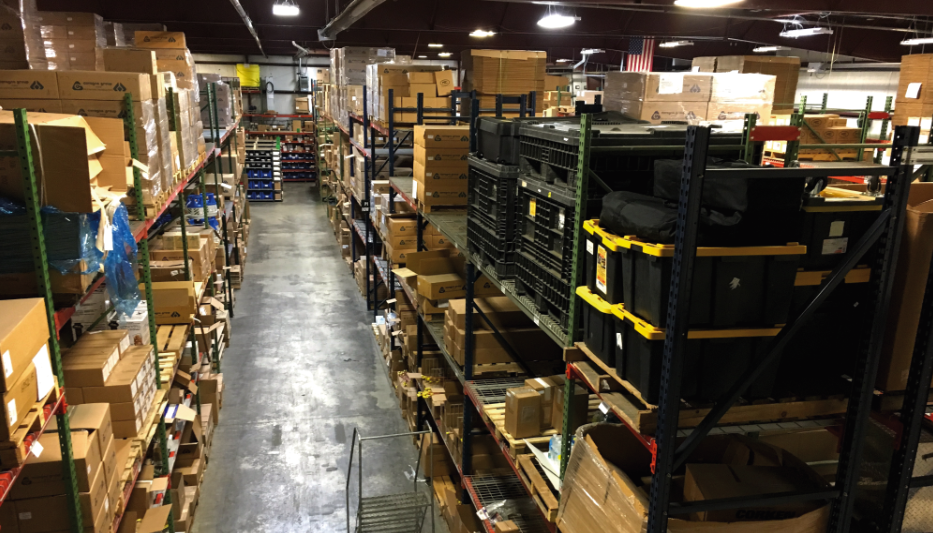How propane equipment wholesalers and installers can mitigate supply issues
Supply chain disruptions tend to have a cascading effect, especially when it comes to labor and materials shortages. Last year it was steel for propane cylinders. This year manufacturers are also having trouble getting their hands on brass, copper and other materials. As a result, propane equipment supply houses all across the globe have seen longer lead times on everything from galvanized pipe and rubber hose for dispensing systems to heating elements for gas logs and burners.
While some supply lines, like the one for steel, seem to be opening up, others are tightening. One manufacturer Oil & Energy spoke with in recent months said even shipping essentials like boxes and packing materials have been harder to find lately. Given such widespread bottlenecks, what can equipment providers — both wholesale suppliers and retail installers — do to mitigate the impact on their customers? To find out, Oil & Energy spoke with Andy Stearns, director of purchasing at propane equipment wholesaler Bergquist Inc.
“When working with manufacturers, we all know it’s been tough in these unprecedented times,” said Stearns. To fulfill “normal” delivery windows, many manufacturers have been requiring larger minimum orders. For suppliers like Bergquist, this has made manufacturer and vendor communications as well as inventory tracking more important than ever.
“We have to ask manufacturers what they are seeing on their end in terms of lead times,” Stearns said. “On our end, we’re making sure to keep our team engaged with vendors, too. We’re also monitoring and running queries on our warehouses so we can get lower-stocked items on order.” This helps suppliers brace for future availability issues and secure their place in the manufacturer’s fulfillment queue so they’re not “waiting for the last minute” if and when more troubles arise.
Likewise, retailers encountering inventory issues can relieve their bottlenecks by forecasting sales volumes, setting realistic expectations for their customers, and not putting off needed purchases. “If you see a part is on back-order, order it now so it’s in the supplier’s system and you’re not left waiting on line,” Stearns recommended.
As with every business operating amid a pandemic, flexibility has been integral to the supplier’s continued success. Stearns credits Bergquist’s shortening lead times to its long-standing relationships with multiple vendors. This has enabled the supplier to suggest a range of alternate products to its customers. “Bergquist strives to make sure we have alternate choices for everything we sell,” Stearns said. “Just because something is an ‘industry standard’ for one specific vendor doesn’t mean we only carry that one product. We make sure to do our due diligence and stock alternatives for when situations like this occur.”
When that’s not enough, it’s time to “get creative.” Bergquist operates two distribution centers — one in Bowling Green, Kentucky and another in Toledo, Ohio, Stearns explained. “We can ship from Toledo to customers who normally get their products from Bowling Green,” he said. “In addition to ‘flipping’ customer orders, we can also transition warehouse inventory to help reduce shipping costs.”
Other examples of potential workarounds include changing piping configurations for a dispenser cabinet to allow for proper flow with a bigger or smaller sized pipe. Alternatively, suppliers might even cut and thread pipes themselves. “We’re always working on creative solutions and asking ourselves how we can think outside of the box to satisfy everyone’s needs,” Stearns said. “We don’t look at this as a struggle, but as an opportunity to serve our new and existing customers better.”
The purchasing director was speaking specifically to his relationships with equipment distributors and retailers, but that’s a perspective that virtually every fuel supplier and service provider can appreciate, especially in times like these.


